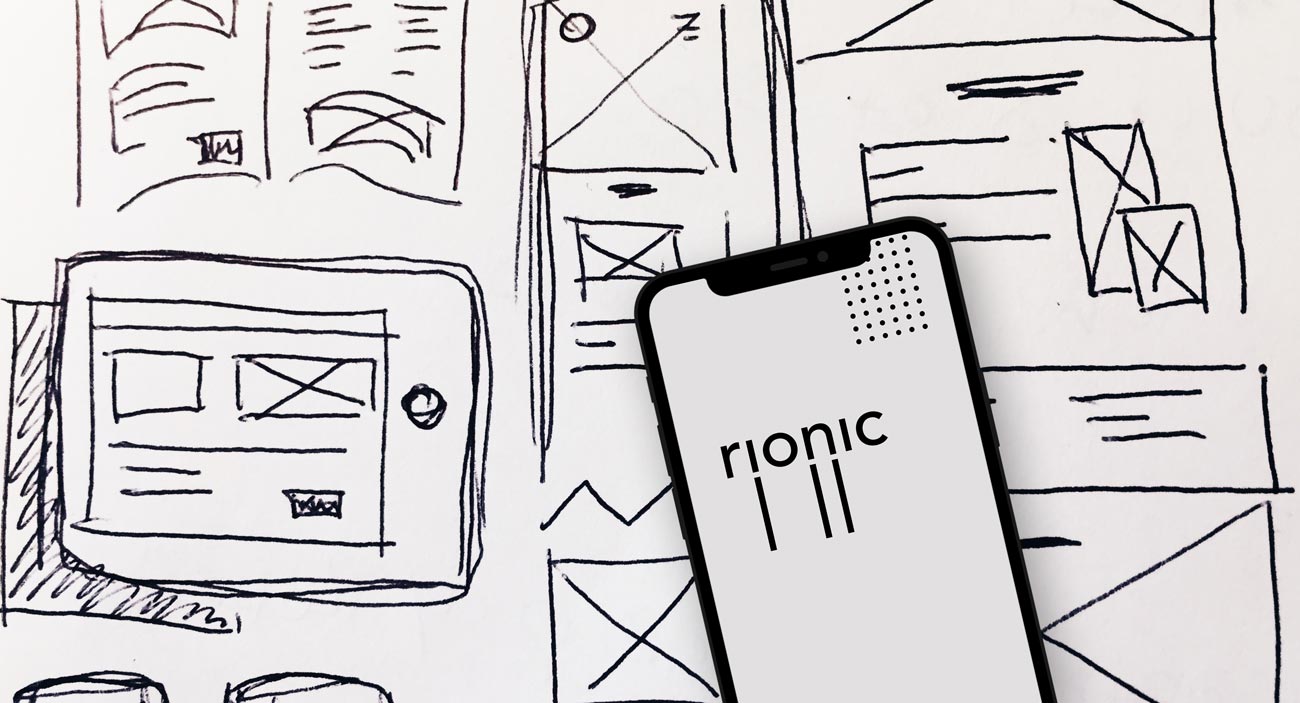
September 11, 2020
Contxto – It might sound weird in an article about whether you should develop an app for your startup, but: Are you familiar with Dunbar’s Number? It stipulates the number of relationships that we can really sustain at once: 150.
British anthropologist, Robin Dunbar, studied non-human primates and came to the conclusion that there is a direct correlation between the size of the brain and the size of the social group.
He argued that the neo-cortex (the brain’s center for spatial awareness, language, and cognition) limits the amount of complexity a social system can handle. He later observed that human groups collapse or divide when they get to around 150 members.
Ever thought how this also applies to so many other systems? Take the number of apps that you use. Look at your friends’ phones, the number of apps on their will most likely sit within a similar range.
Disclaimer: We all know some nerd that has never deleted an app, including all the latest, yet to be launched, Testflight MVPs. However, according to Rionic, most apps don’t have the lucky destiny of living in users’ smartphones eternally.
In fact, 77% of mobile apps users churn, on average, within the first three weeks after download. So, if you want to know what differentiates those apps that make it and the ones that don’t, keep reading!
Just like in Dunbar’s primate experiments, there may be a ratio between the neo-cortex’s size and the amount of apps a human brain can handle. Just like you keep the friends/apps you need, love, and believe in close, as the rest fade off your radar.
That being so, if you are bold enough to launch an app, consider that it must fulfill a need in a better way than the competition. It must have the potential to be loved or have an inspirational element that moves users to believe in it so much that it will be one of their top picks.
So just like a guide to making friends, here are 5 questions you must answer before you start building your app.
Peter Thiel, PayPal’s Founder, coined the infamous 10x rule. “You have to be 10 times better than the second-best.” Otherwise, goes the thinking, there is no reason for you to exist.
Therefore, your app must work so well and provide a solution so efficient that it is able to break through in a (potentially already crowded) market.
For example, Robinhood became popular when it allowed users to trade stocks commission-free. That was infinitely better than the apps charging any commission at any rate.
How will your app make the world a better place and what will it cost us to get there? This is a huge question worth pondering.
Launching a platform is a challenging project and it will cost you. The going rate is years of precious life invested by you and your team. So, consider: is this a sacrifice worth paying?
Calculating your project’s value as a strict monetary Entrepreneurship 101 calculus, you must ask:
Will the Lifetime Value (LTV) of the customer be greater than your Customer Acquisition Costs (CAC)? Are the costs of launching the app exponentially lower than those of running a web app/site only? Would you be able to better retain users or achieve higher returns developing the app?
As obvious as it may seem, these are fundamental questions that need to be structured within a business plan.
Even if it is ambiguous at the start, try researching how much it will cost to sign up active users. An easy way to do it is by dividing your marketing budget by the number of users you will be able to gain over a given period; the already well-known unit economics.
On the other hand, write out a specific and feasible monetization strategy. Come up with 10 ideas and then stick to the top three and execute.
The story goes that Steve Jobs and the Apple crew had a dream for the iPod before they were able to build it.
They had to wait for the memory storage technology to hold enough data to keep “A thousand songs in your pocket”. Yet, as soon as it was out there, the team flew to Japan, bought exclusive rights to it, and the rest is history.
Therefore, be ready for when the time comes for you to grab that technology, plug it into your vision, and deliver an outstanding product.
Growing a product requires a lot of hard work, resources, and smart hustling. Yet, you would be surprised at how many startup teams end up disappointed when their product is ready and they don’t see customers flocking to it.
But, consider that some people suggest that a startup should invest up to 30 percent its total sales in advertising campaigns. Beyond whether or not you accept this figure, what it shows is that the process of launching an app does not end when it is released to the public.
Rather than leaving up to chance, get ready to hack the growth of your product. Maybe don’t spend 30 percent of your capital on Facebook, but definitely consider the launch of your app as just 30 percent of the work.
You will not know the true answer to this question until you give it a go. I’d suggest reading up on how to create an MVP, in order to avoid wasting a lot of time and resources on a product people don’t want.
The great thing about testing is that through this process you find what the market actually wants through cold hard stats and data. The continuous improvement and iteration process can be truly illuminating.
Try many solutions to your problem and run cheap experiments until you have your “Eureka!” moment. Once you do, go all in, develop, and grow. It is okay to not know everything from the beginning. But it is necessary to establish an initial hypothesis, test it, and iterate if necessary.
Spoiler alert: it will be.
We are experiencing one of the greatest cultural shifts in history. Humanity is migrating from the physical world to the virtual world and to an omnichannel reality.
And this is just the beginning; the opportunity for disruption and innovation gets bigger with each passing day.
This puts you in a dilemma as a startup founder, marketer, developer… If you wait too long to launch yourself into the digital world of apps, will you miss out on the benefits of this stage in human social evolution?
Ideally, you should be able to answer these questions as best as you can, so that you can build your app before you miss the boat.
However, regardless of whether you’re convinced you need to create an app now or you are still unsure, it is always wise to have a mentor-like friend with relevant expertise. Get in touch with Rionic to find out where you stand. A good initial orientation can be worth more than a thousand hypotheses.

August 24, 2020

Por Alejandro González Ormerod
August 11, 2020